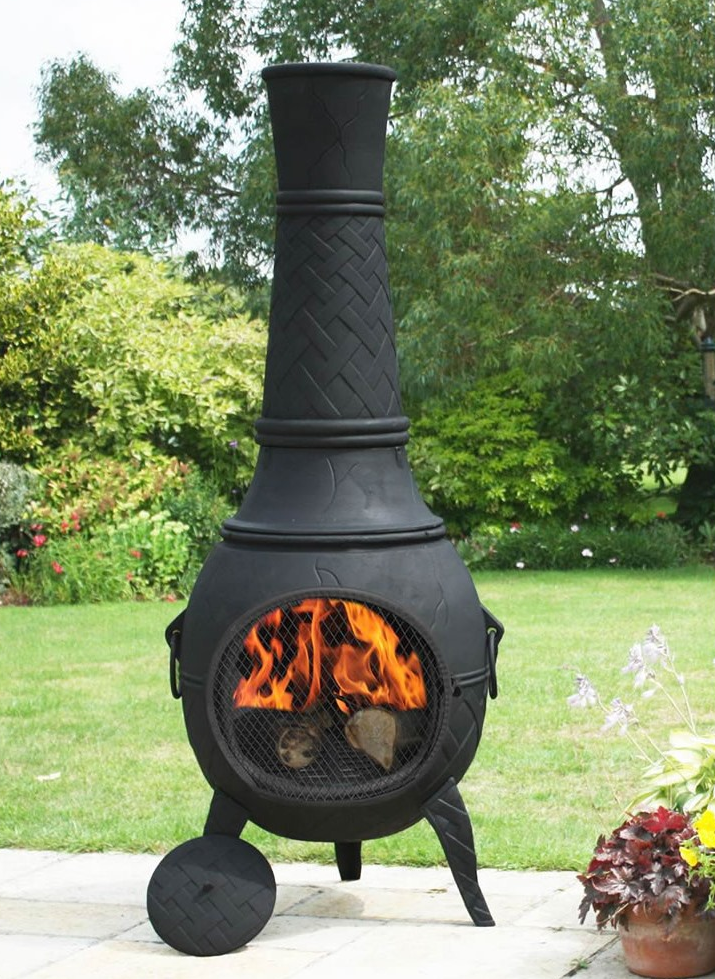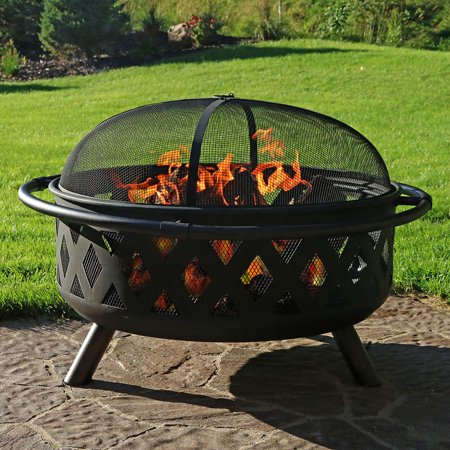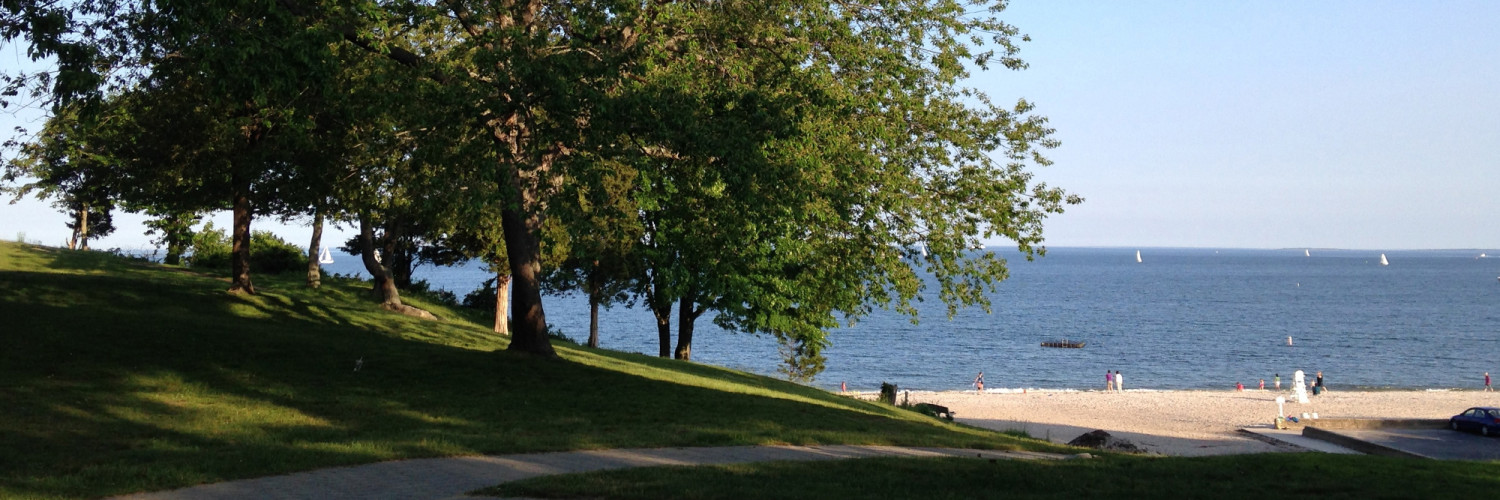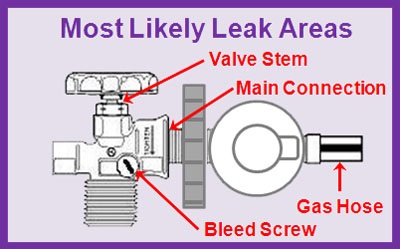EFFECTIVE May 1, 2021
Open Burning
To obtain an open burning permit Email wbundyiii@eltownhall.com or call 860-739-2420 to schedule a site visit. Do not come to the office to obtain a permit.
Open Burning is limited to the burning of brush only, on residential property upon which the permittee resides and is subject to certain requirements and limitations.
The permittee may NOT burn:
- When National or State ambient air quality standards may be exceeded
- Where a hazardous health condition might be created
- When the Air Quality Index (AQI) is forecast to be 75 or higher anywhere in the state
- When the Open Burn Permit Index is high, very high or extreme; and where woodland or grass land is within one hundred feet of the proposed burn
- When there is an advisory from the Department of Energy and Environmental Protection (DEEP) Commissioner of any air pollution episode
- Burn any material other than brush.
- Open burning is NOT allowed to clear land prior to construction activities.
- Open burning CANNOT be used as a means to dispose of construction debris, household trash, or leaves.
- On property other than residential property upon which the permittee resides, the setback distance from any structure and adjoin properties is a minimum of 25 feet.
- Burning must cease if directed to do so by:
- Any member of the Town Fire Marshal’s Office
- An Officer of the Fire Department
- An Official of the DEEP
- An Officer of the Police Department
- Health Department
- A Nuisance smoke complaint is received
Once you receive your Open Burning Permit, this permit must be available on site during the burn. Burning is allowed only between the hours of 10:00AM and 5:00PM on a sunny or partly sunny day with the wind speed below fifteen miles per hour.
Prior to burning the permittee is required to contact the East Lyme Dispatch Center at 860-739-3419 to determine that burning is allowed for the day and again once burning is complete. Once burning has been authorized, you must be available at the contact number you provided when your permit was issued.
Recreational Burning on Private or Commercial Property
A permit is not required in the Town of East Lyme for this purpose provided that the size of the fire pit or outdoor fireplace does not exceed 3 feet in diameter, and the following safety protocols are being followed:
- Be sure the ground is level when placing a portable fire pit and that it is placed atop a natural surface such as concrete, stone, gravel, brick or slate or on a fire-resistant composite. Putting the fire pit on a wood deck can be dangerous.
- Use special caution near overhanging trees, which can easily ignite from flying wood-fire sparks.
- The area around the outdoor fire must be free of combustibles.
- The fire is contained in a chiminea or other commercial fire burning device rated for this purpose.
- Never operate your fire pit beneath a building overhang or in a partially enclosed space.
- In fire-prone areas, surround your fire pit with non-combustible materials, like crushed stone, brick, or sand.
- Never use gasoline to start a fire in a fire pit.
- Avoid lighting a fire in windy conditions.
- If your fire pit has a screen, use it whenever you’re burning.
- Have a garden hose handy to deal with wayward sparks from wood fires. Attach a hose-end multi-pattern nozzle to the hose, setting it to “spray.” A shower-type spray douses a flare up, while a direct stream of water can spread sparks.
- Burn only clean, non-processed wood. No wood pallets, construction debris, painted wood, stained/treated wood, or garbage can be burned in a campfire/bonfire, fire pit, chiminea or other similar device. Non-processed wood is considered to be any untreated, natural wood up to and including rough cut lumber. Processed wood is considered to be any wood that has been milled and/or planed and includes recycled wood, glued wood, treated wood, pallets, crates, and/or wood scraps from these types of materials.
- Young children should be carefully supervised at all times when they are in the area of the fire pit.
- Never leave the fire unattended.


Checking your gas grill for leaks
Important Tips to Remember:
- While the process of checking your gas grill for a leak is nearly universal, each grill varies somewhat; closely read any manuals or warnings provided by the manufacturer before operating your gas grill.
- Always keep your grill’s hoses as far away from heat as possible. Avoid letting hot grease drip onto the hoses to prevent potentially dangerous leaks. Use a heat shield to protect hoses that are prone to heat or grease.
- Never use your gas grill in an enclosed space. Stick to grilling outside in well-ventilated areas, and ensure your grill is never unattended during operation.
Fire Code Ban on Grills
The National Fire Protection Association’s fire code bans the use of grills or other heating devices near dwelling units other than one-and two-family dwellings. See the 2015-R-0206 September 14, 2015 Fire Code Ban document.


